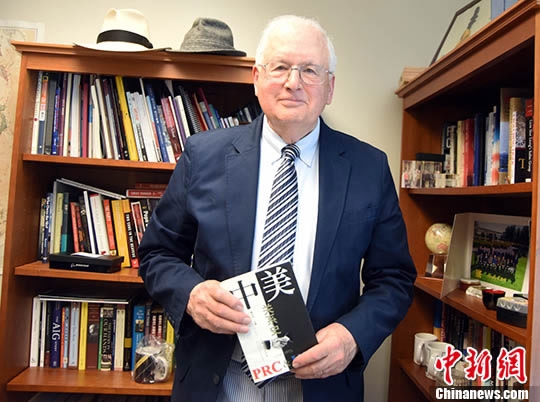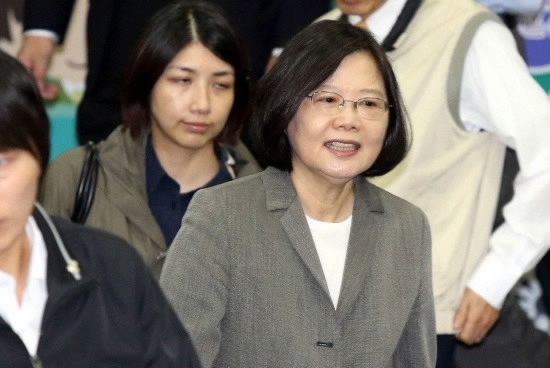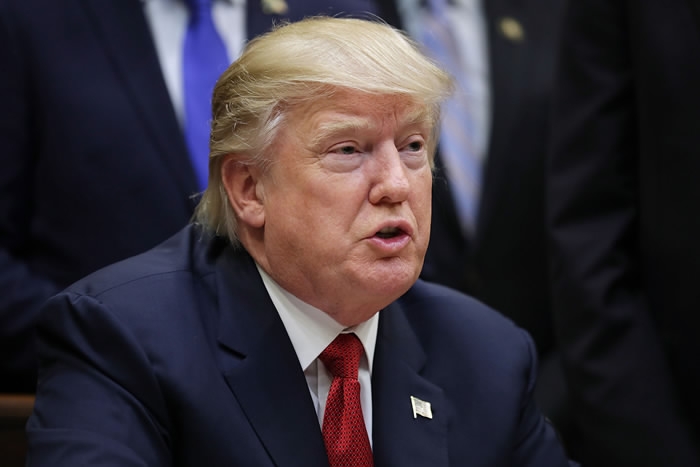Former US Ambassador to China J. Stapleton Roy has called on Taiwan to properly handle its relations with the Chinese mainland to manage risks, rather than relying on the United States to guarantee its own security. He also advised the US against playing about with the ambiguity of the one-China policy.
Roy made the comments at a roundtable discussion themed "The 'One-China' Policy: Disambiguating the Ambiguous" on Wednesday. Convened by American think tank the National Bureau of Asian Research, the roundtable also featured remarks by Dr. Richard C. Bush of the Brookings Institution and Dr. Paul Wolfowitz of the American Enterprise Institute and US-Taiwan Business Council.
The experts agreed that the one-China policy is in line with the need to promote American interests, but held different opinions on how to deal with the ambiguity of the policy as well as the ambiguity of US policies on arms sales to Taiwan, which the mainland firmly opposes.

Former US Ambassador to China J. Stapleton Roy. /Chinanews.com Photo
"Ambiguity is a good thing, but we don't always know the line," said Roy, who participated in the negotiations that led to the establishment of the diplomatic relations between the US and the People's Republic of China in the late 1970s. "Once we stray from the lines, there will be consequences."
In that case, Taiwan would pay the ultimate price, he added, suggesting that the US should not "play about" with the ambiguity of the one-China policy.
The former ambassador underscored a trend in the development of cross-Strait relations: The mainland and Taiwan are playing increasingly decisive roles in their relationship, while the influence of the US is diminishing.

Taiwan leader Tsai Ing-wen's refusal to recognize the 1992 Consensus has hampered cross-Strait communications. /Taiwan.cn Photo
Roy said the telephone call between Donald Trump and Taiwan leader Tsai Ing-wen last year caused deep concern in Taiwan, where people worried that it could be them who pay the ultimate price. Therefore, he stressed that if someone in the US wanted to create some "official relations" with Taiwan, they could be damaging the interests of the Taiwan people.
In addition, Roy said if Taiwan completely relied on the US to defend it militarily, it would lose that protection once a change in American interests occurred. He suggested Taiwan should properly handle cross-Strait relations to reduce relevant risks.

US President Donald Trump has reaffirmed his administration's adherence to the one-China policy. /VCG Photo
Cross-Strait communications have been hampered by Tsai's refusal to recognize the 1992 Consensus, which affirms the one-China principle.
More than two months after the controversial call with the Taiwan leader, US President Trump told his Chinese counterpart Xi Jinping in a telephone conversation in February that his administration would adhere to the one-China policy.
Related stories:









